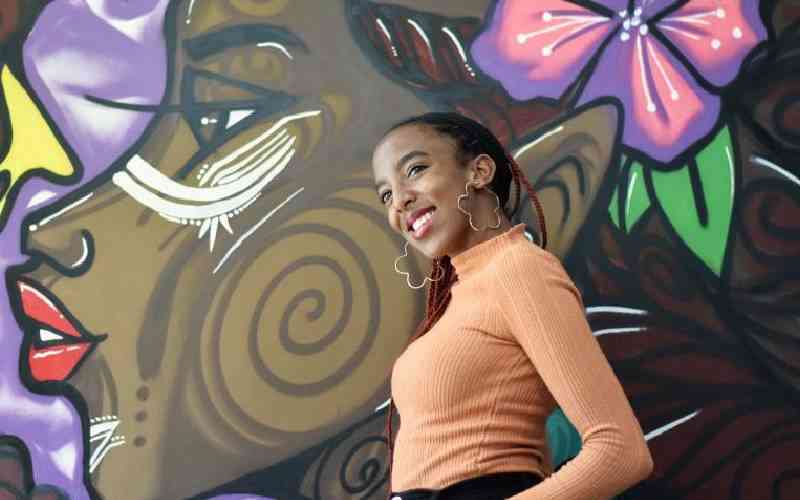×
The Standard e-Paper
Stay Informed, Even Offline

When Sarah Bosibori, now 28, was diagnosed with Autism Spectrum Disorder (ASD), the news didn't come as a surprise to her mother.
"My mother suspected something was different about me from the early days of life. She noticed I had a challenge picking up concepts, unlike other babies," Sarah says.